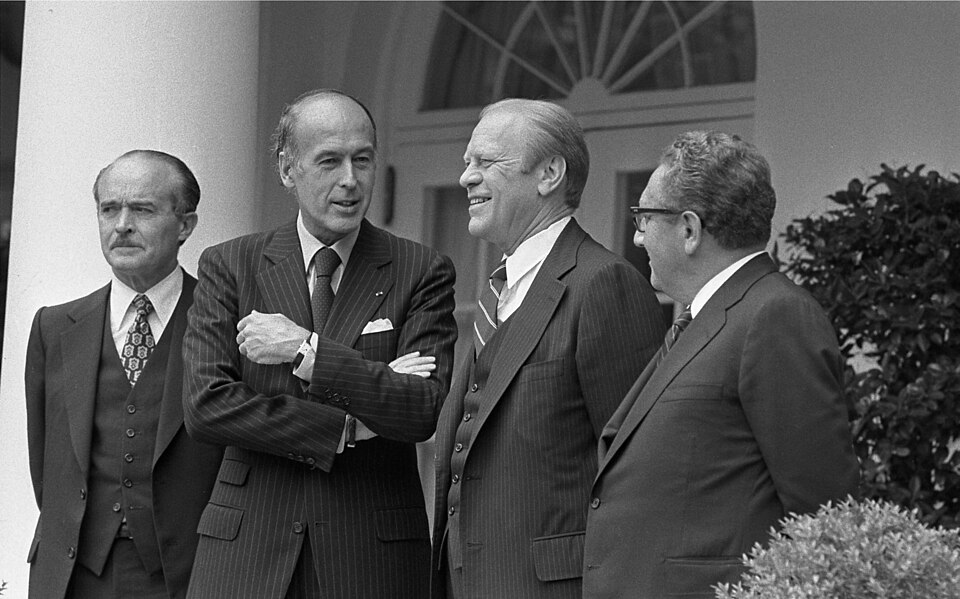Editorial
Défense nationale et sécurité collective first appeared in May 1939 as Revue des questions de défense nationale. Presenting the journal, the management committee wrote: ‘The current threats to peace make it a duty, more than ever before, of all those preoccupied by the country’s security and its standing in the world to turn their minds to the vital questions whose solution affects national defence.’
Interrupted by the war, publication resumed in September 1945, the title becoming the Revue de défense nationale with the declared aim: ‘. . . to stir up ideas that can help in building the future. It will be open to contributions in all fields from people of goodwill who care for the grandeur and security of France.’
So, after nearly seventy years, the journal sustains and spreads French strategic thinking that aims to be original, open and independent. Among the many publications dealing with society, geopolitics or philosophy, it is the only one to keep alive the torch of French thinking on defence and security issues.
Today, as I take over that torch as Chairman of the Committee for National Defence Studies, from which the journal emanates, I would like first of all to pay tribute to General Christian Quesnot who for eight years, aided by a team led by Admiral Georges Girard, developed and broadened the field covered by our publication and widened its circulation, with a recognition of the concept of overall security, the introduction of an English edition and the digitization of past issues, to take just a few examples of initiatives taken during those years.
And then there is our excellent board, which has always supported and participated in this process of reaffirming a type of strategic thinking that is specifically French.
However, this is a changing world, and the journal has to anticipate clearly these changes to be able to keep the public informed and help influence decision-making. More than ever, the need for independent French strategic thinking is necessary.
That thinking has widened considerably, on the one hand on the national level with the concept of overall security and the securitydefence continuum, and on the other with the construction of Europe and globalisation. So it is a question of preparing minds to better respond to these challenges. That preparation rests on a strategic culture that feeds constantly changing thought.
Two recent examples illustrate the pressing requirement for such thinking—Afghanistan and Georgia. In both cases the main feature was one of the first principles of strategy—surprise—and our vigilance was caught short. In Afghanistan we underestimated the enemy and in Georgia we were surprised by the reactions of the two main actors.
Too often trailing behind events, we are only capable of reproducing well-known plans and programming what is already past its sell-by date. The upheavals that we are seeing, on the geostrategic and financial levels as well as in society and the environment, call for a profound renewal of French strategic thinking. The stakes are high: if we want to avoid our world becoming a devastated universe we have to change, and in the first place that means taking a clear, realistic look at the world in the making.
The Committee for National Defence Studies and its journal, true to their historic mission, are therefore determined to play a central role. Our sole ambition is to think out our country’s strategic orientation, whether in a European or global framework, in a dynamic and original way.




_astronaut_Sophie_Adenot_(jsc2025e058846_alt).jpg)



